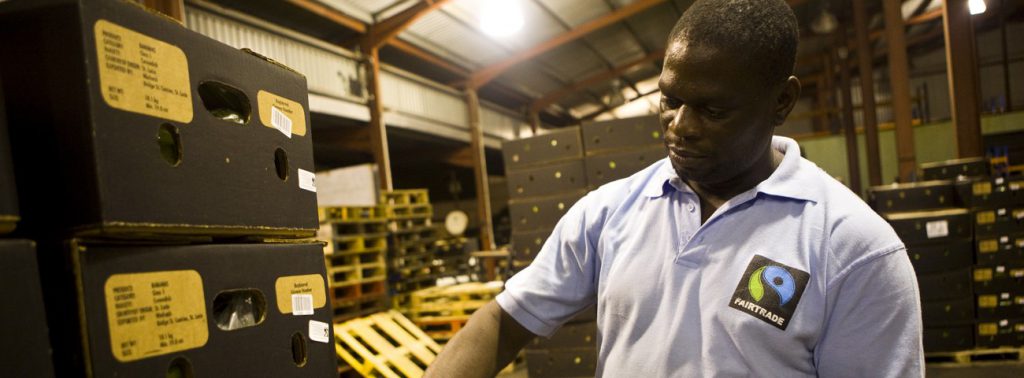Fairtrade has a committed programme of Monitoring, Evaluation and Learning (MEL) that supports learning and improvement.
The Fairtrade system uses monitoring and evaluation activities to improve our understanding of how being part of Fairtrade is benefiting producer organisations and their members, and to generate recommendations and analysis in support of increased effectiveness and impact. This information is used to improve the Fairtrade standards, Fairtrade producer support, Fairtrade certification, and Fairtrade’s other activities, in order to deliver greater positive impacts for participating farmer and workers and their organizations.
The Fairtrade MEL Programme, which is now fully compliant with ISEAL’s Impacts Code collects regular monitoring data from all producer organizations holding Fairtrade certification. As such, regular monitoring covers all products and all countries where certified producer organizations are present. Market progress is monitored by the marketing-facing organizations present in countries where Fairtrade is sold; market data is shared with and consolidated by Fairtrade International on an annual basis. The monitoring data form a core basis for our understanding of the dynamics of how certification is developing, and how the benefits of Fairtrade are being distributed between products, geographies, and producer organizations. Whilst the scope of the monitoring programme will be expanded to include new indicators in 2014 and beyond, it is realistic that many of the outcomes and impacts of Fairtrade can only be assessed through in-depth research. Much of the data gathered through the monitoring process has been published annually since 2009.
An ongoing programme of commissioned research is an important component of the Fairtrade MEL system. In-depth research gives us a detailed picture of what is happening to Fairtrade producers and their communities, and why. It allows us to gather information about farmer and worker experiences and perceptions. It brings contextual analysis and explanation that monitoring data cannot yield. For that reason we maintain ongoing commitment to funding outcome and impact evaluations, as well as other types of in-depth research, to complement the monitoring programme.
All of our impact evaluation reports are published and can be accessed here.
We seek to ensure that impact and outcome evaluations employ mixed methods to generate robust qualitative and quantitative findings. Also, where financially and logistically possible we require researchers to integrate a counterfactual into the evaluation research.
How does Fairtrade use MEL to improve its work?
Fairtrade is an evolving system committed to learning how our approach can improve to make a bigger difference for farmer and worker communities in developing countries. Although a lot has been achieved over the last twenty years, our vision is ambitious and there is always more than Fairtrade can and should do to extend its impact to more vulnerable regions and difficult-to-reach groups.
Our own research along insights from our field staff and external experts highlight areas where Fairtrade needs to do better and deliver deeper impact for farmers and workers. These include progressing faster towards a living wage in our Standards, doing more to extend Fairtrade’s core work to farm workers, empowering women farmers and workers, tackling power imbalances in supply chains, building effective climate change resilience within communities and scaling up our work within countries. These are challenges that we acknowledge and are progressing to address through future strategies.
Fairtrade International is committed to communicating the results of monitoring and evaluation processes internally, and to using relevant findings to learn and to influence strategy, planning and decision-making. Analysis of monitoring data and evaluation results is shared with key governance bodies in Fairtrade. It is also being used as an input into planning and standards-setting processes.
Fairtrade’s governance bodies also review summaries of key results and learning from evaluations regularly. Evaluation results are made publicly available and shared with staff throughout the Fairtrade system. It is Fairtrade International’s policy that every evaluation process includes dissemination, learning and feedback opportunities, where results are shared with relevant stakeholders, and used as the basis for further discussion of findings and recommendations.
